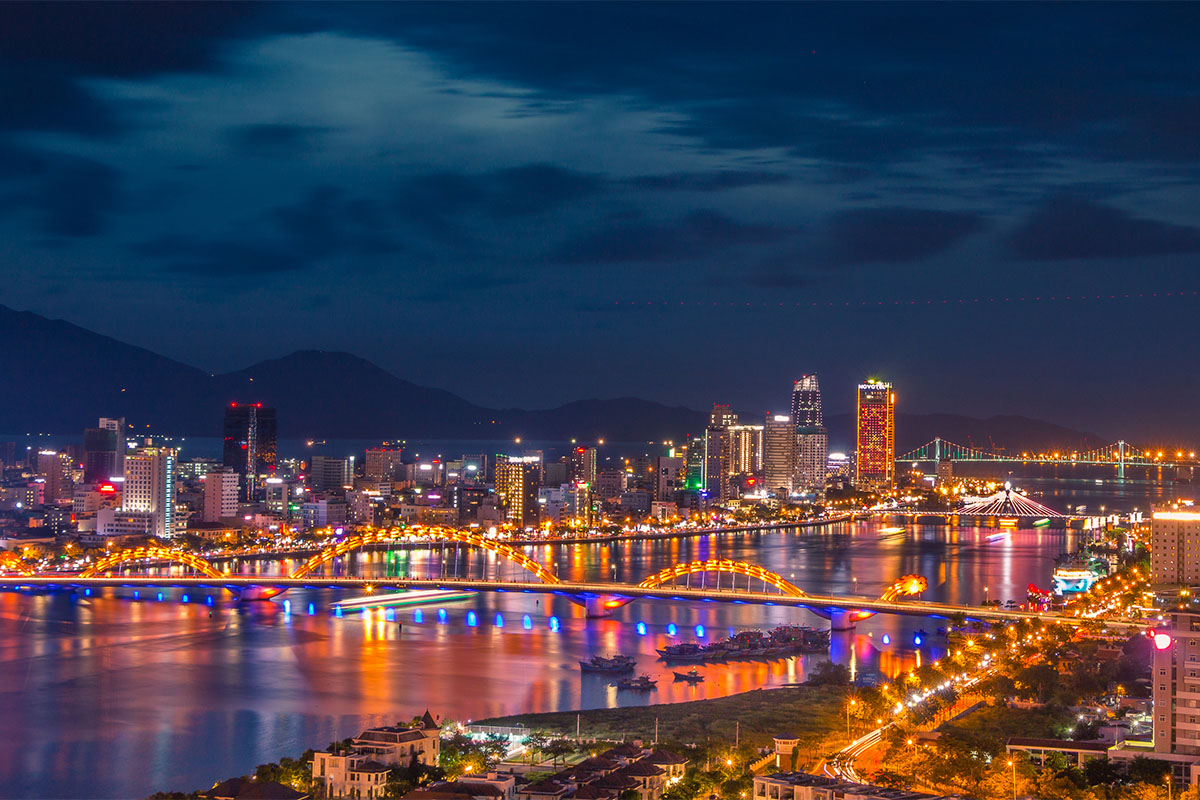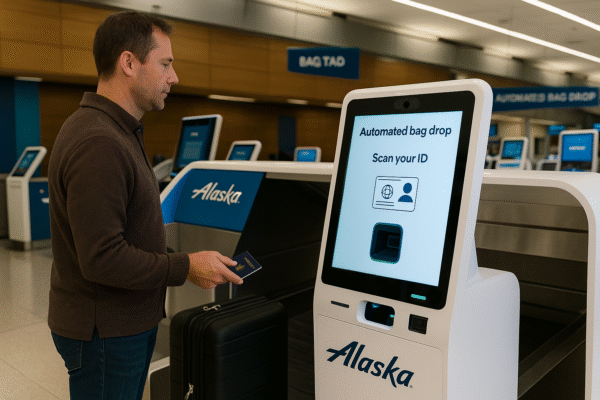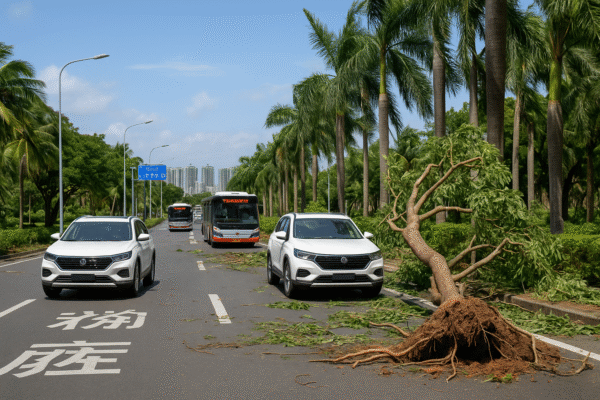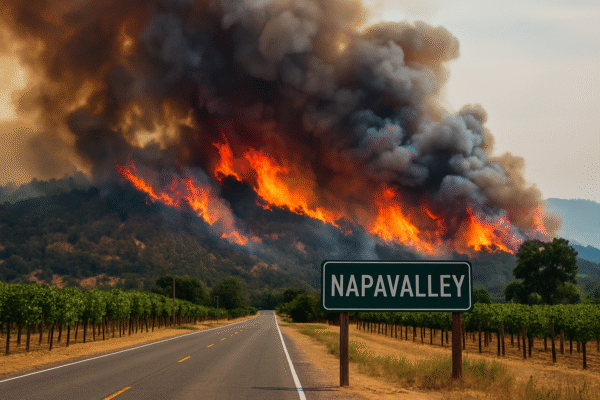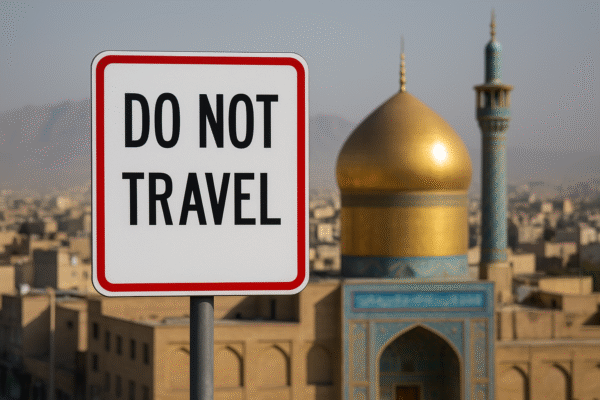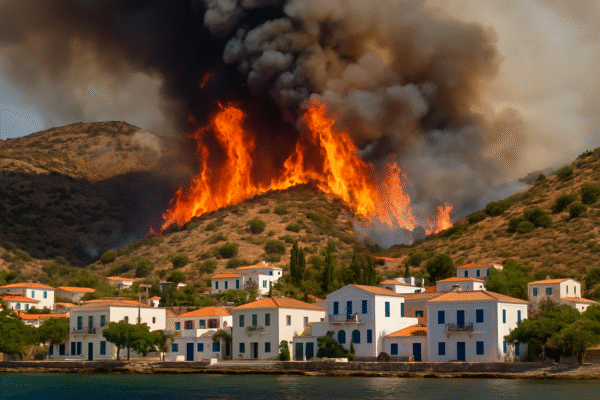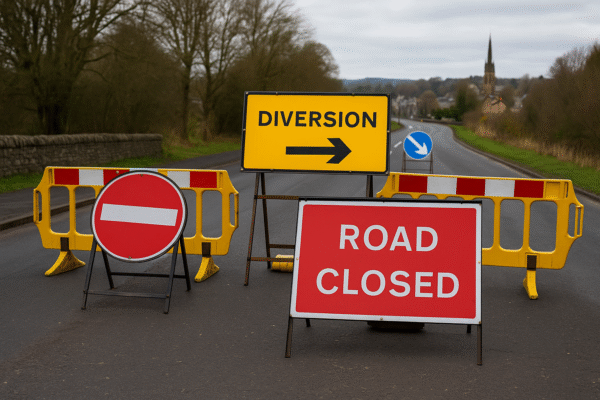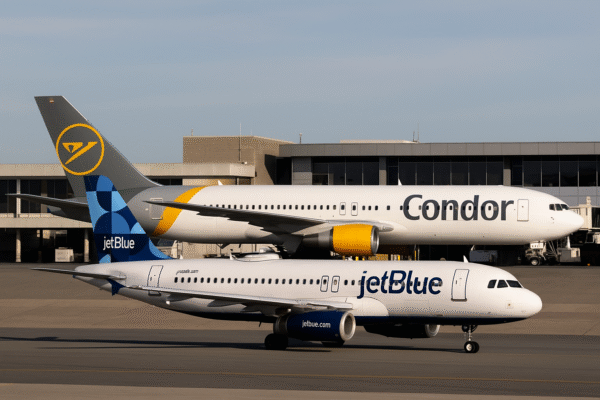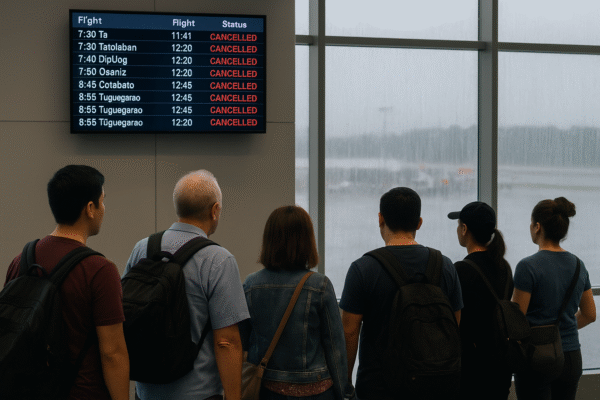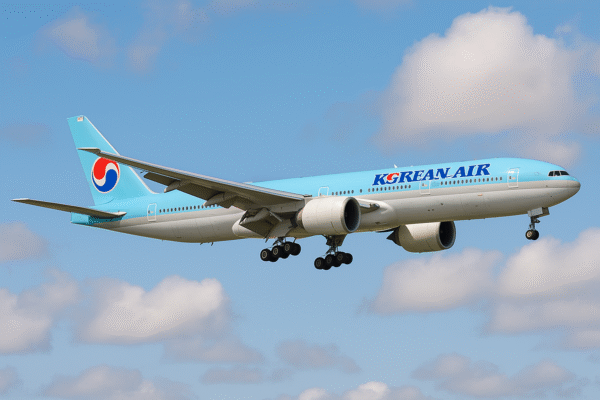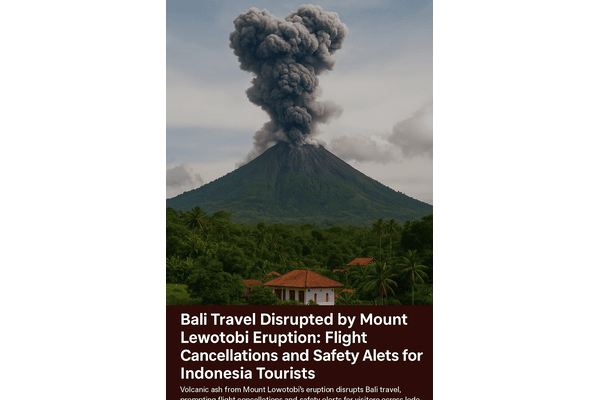Indonesia’s popular tourist island of Bali is facing serious travel disruption following the eruption of Mount Lewotobi Laki Laki, located on Flores Island in the East Nusa Tenggara province. The volcanic activity, which began on July 7, has grounded flights, caused regional airport closures, and triggered widespread safety advisories for both domestic and international travelers.
The eruption sent volcanic ash clouds soaring up to 18 kilometers into the atmosphere, disrupting flight operations in and out of Bali and surrounding islands. While Bali’s Ngurah Rai International Airport remained operational initially, flight delays and cancellations rapidly expanded to routes from Australia, Singapore, and South Korea, with major carriers including Jetstar, Qantas, Virgin Australia, and Indonesia AirAsia adjusting their schedules.
Mount Lewotobi’s Eruption: Key Travel Disruptions
Mount Lewotobi Laki Laki, long monitored by Indonesia’s Center for Volcanology and Geological Hazard Mitigation (PVMBG), erupted twice on July 7, prompting authorities to elevate its alert status to the highest level. The eruption discharged thick ash plumes, hot volcanic gases, and lava flows, affecting not only the surrounding region but air routes over eastern Indonesia.
Flight and Airport Impacts:
- Flights to and from Maumere and Larantuka airports were canceled or suspended.
- Several international flights to Bali were delayed or rerouted.
- Ngurah Rai International Airport continues operating but with precautionary rerouting and visibility monitoring.
Although no casualties have been reported, the eruption is a stark reminder of the potential impact of Indonesia’s frequent volcanic activity on travel logistics. Authorities are actively assessing volcanic conditions, and air traffic control continues to issue real-time updates.
Is It Safe to Travel to Bali Right Now?
For now, Bali remains open to tourists, but authorities have urged caution. Indonesia’s Disaster Management Agency (BNPB) has advised visitors to avoid areas within a 7-kilometer radius of the Mount Lewotobi crater. The UK Foreign, Commonwealth & Development Office (FCDO) and Australian Department of Foreign Affairs have echoed these warnings.
Safety Recommendations for Travelers:
- Monitor official channels for airspace advisories and volcano alerts.
- Stay updated through your airline’s mobile app or website.
- Avoid unnecessary travel to Flores Island or adjacent volcanic zones.
- Ensure your travel insurance covers natural disaster disruptions.
Though Bali’s tourism infrastructure remains largely unaffected, travelers should be prepared for last-minute itinerary changes, particularly if ash clouds spread further across flight paths.
How Volcanic Ash Affects Air Travel
Volcanic ash poses a significant threat to aviation safety. Ash particles can:
- Melt inside jet engines, leading to malfunctions or engine failure.
- Damage aircraft instruments and affect cockpit visibility.
- Cause abrasion to fuselage and windshields.
In response, airlines may cancel or reroute flights entirely to ensure passenger safety. Indonesia’s BMKG (Meteorological, Climatological, and Geophysical Agency) is providing satellite-based ash tracking to help pilots and air traffic controllers navigate safely.
What to Do If Your Flight to Bali Is Canceled
Travelers affected by flight cancellations due to the volcanic eruption can expect the following support from airlines:
- Free rebooking on the next available flights.
- Full refunds for trips disrupted due to force majeure events.
- Accommodation and meal vouchers, depending on airline policy and delay duration.
It’s also advisable to carry flexible travel insurance that includes coverage for natural disasters, especially when visiting destinations within the Pacific Ring of Fire, like Indonesia.
Travel Insurance Tips for Volcanic Disruptions
Not all insurance policies cover volcano-related travel issues, so check your policy carefully.
Look for coverage that includes:
- Trip interruption due to ash-related delays.
- Emergency accommodation and transport during flight disruption.
- Medical evacuation in the rare event of ash inhalation or related health emergencies.
If you haven’t yet purchased insurance, consider providers with natural catastrophe add-ons or “cancel for any reason” clauses to offer extra flexibility.
Understanding Indonesia’s Volcanic Landscape
Indonesia is home to over 130 active volcanoes, the highest concentration of any country in the world. Positioned along the Pacific Ring of Fire, the archipelago experiences frequent earthquakes and volcanic eruptions.
Mount Lewotobi Laki Laki is part of a twin-volcano system on Flores Island, alongside Lewotobi Perempuan, and has erupted multiple times in 2025 alone. Other notable volcanoes in the region include:
- Mount Agung (Bali)
- Mount Merapi (Central Java)
- Mount Semeru (East Java)
These volcanoes are constantly monitored by Indonesia’s Geology Agency, with eruption warnings issued promptly via official apps, local media, and airport authorities.
Conclusion: Navigating Travel to Bali During Volcanic Uncertainty
Bali continues to welcome visitors, but with the eruption of Mount Lewotobi Laki Laki, travelers are urged to take precautionary measures and remain vigilant. Flight disruptions may continue in the short term as authorities monitor ash movement and air safety conditions.
For a safe and enjoyable trip:
- Stay informed through official advisories and airline updates.
- Reconfirm flights 24 hours before departure.
- Pack essentials, including masks, in case of ash exposure.
Volcanic activity is a natural part of life in Indonesia, but with strong systems in place to manage risks, it remains possible to safely travel and enjoy Bali’s unique beauty. By planning ahead and staying flexible, travelers can navigate this period of disruption and still experience the cultural richness and coastal serenity Bali offers.
For more travel news like this, keep reading Global Travel Wire

